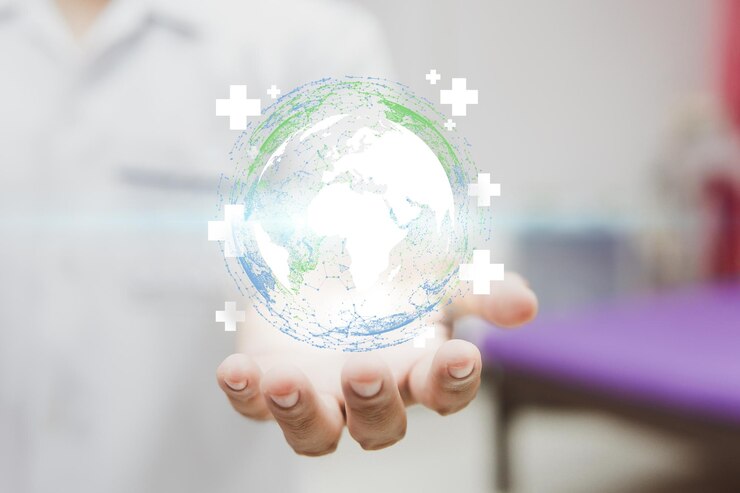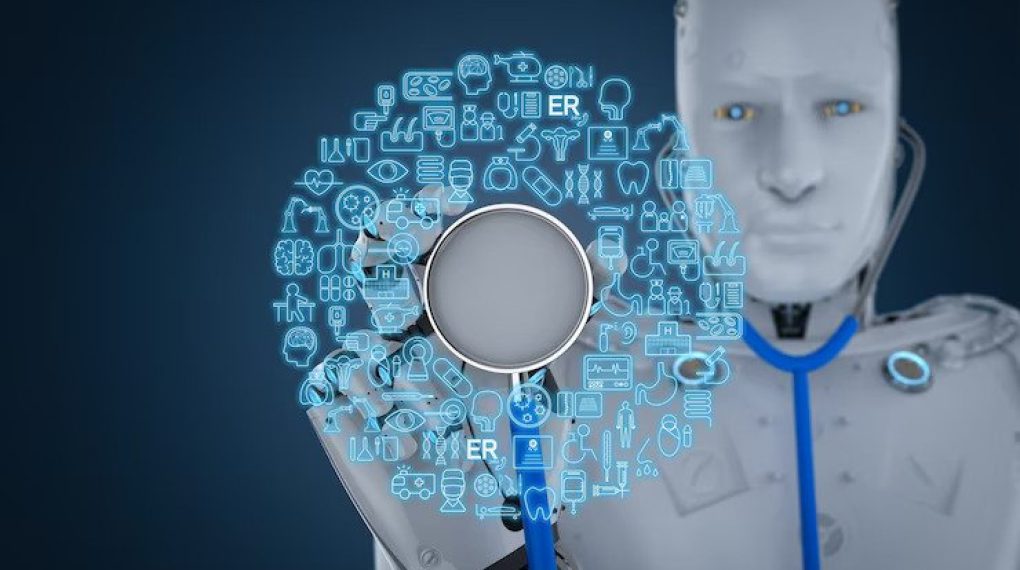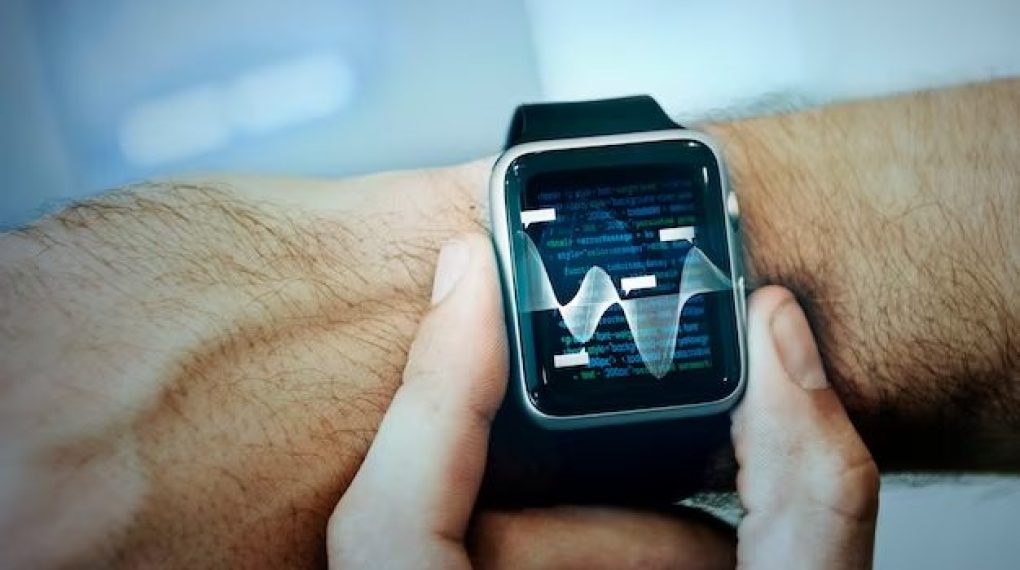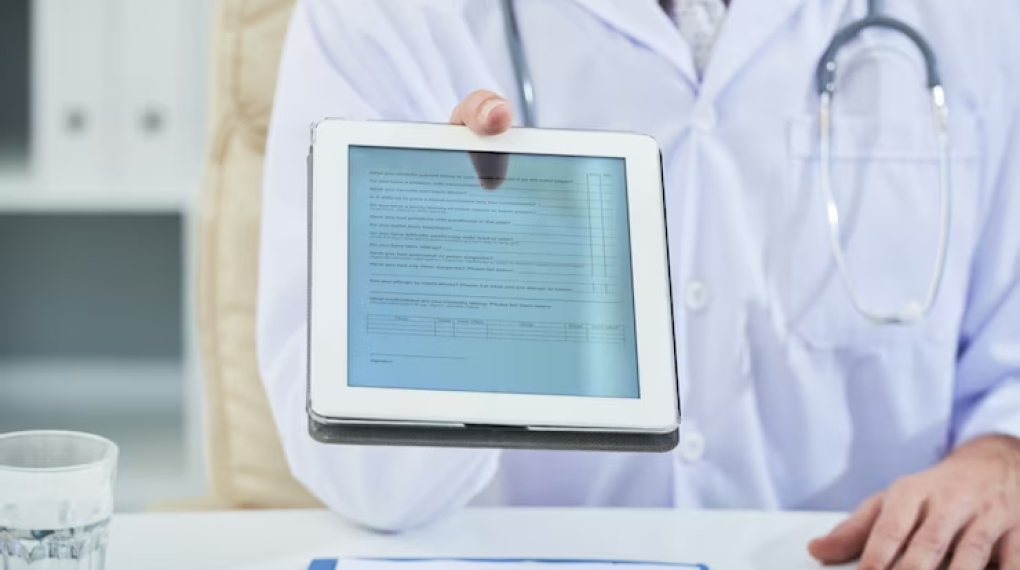
Healthcare is an essential aspect of human well-being, and over the years, there have been significant advancements in the field. These innovations have revolutionized the way healthcare is delivered, making it more accessible, affordable, and efficient.
Global healthcare services mean every innovation of equipment related to health. In global healthcare services departments, these types of innovations fasten every process and help you to be healthy and fit.
What Is Healthcare Innovations?
Healthcare innovations are simple as they change the form of healthcare and fasten the whole process. For example, you can pick the chemotherapy treatments for the cancer process. These innovations are historical innovations. Killing cancer cells improves overall health.
The outcome of the treatment is satisfactory. Right now, many healthcare sectors are facing serious challenges after the pandemic. But due to the simple and complex structures, there are certain health concerns factors.
This will go to improve the health outcome and improve the patient experience. Also, minimize the suffering time. These are the main reasons why global healthcare is so important.
Healthcare innovations are making things easy and increasing the perfection levels in surgery.
1. Artificial intelligence

Artificial intelligence (AI) has made significant contributions to healthcare. With the use of AI, healthcare experts can analyze vast amounts of patient data quickly and accurately. This data can be used to develop more effective treatments, recognize patterns and trends, and even predict the likelihood of future illnesses.
AI-powered tools for global healthcare can also be used to automate administrative tasks, reducing the workload for healthcare professionals and improving patient care.
2. Telemedicine
Telemedicine allows each healthcare professional to provide medical care remotely by using technology such as video conferencing and mobile devices. It’s a method that became incredibly useful during the pandemic due to the need to maintain social distancing, but it also helps to improve patient experience as patients can be seen in the comfort of their own homes making healthcare more accessible for everyone. This innovation has been particularly useful in remote areas where access to healthcare is limited and for patients with mobility issues.
With proper uses of telemedicine, patients can receive medical advice and treatment without traveling long distances, making healthcare more accessible and convenient.
3. Wearable Technology

Wearable technology has become increasingly popular in recent years, with devices such as smartwatches and fitness trackers being used to monitor various health parameters.
These devices can track vital signs such as heart rate, blood pressure, and oxygen levels, as well as monitor physical activity and sleep patterns. This information can be used to detect early signs of illness and develop personalized treatment plans.
4. 3D Printing
3D printing has the potential to revolutionize global healthcare by allowing for the creation of custom-made medical devices and prosthetics. This technology can also be used to produce human tissues and organs, which could greatly reduce the need for donor organs and save countless lives.
In addition, 3D printing can be used to create highly detailed models of organs and tissues, allowing surgeons to practice complex procedures before performing them on a patient.
5. Prescription Information Platforms

Prescription information platforms are digital tools that allow patients to access information about their medications, including side effects, drug interactions, and dosage instructions.
These platforms can be used to improve medication adherence by providing patients with clear and concise information about their medications. In addition, they can help healthcare professionals to monitor patient compliance and adjust global healthcare treatment plans as needed.
Prescription information platforms can also help to reduce medication errors, which are a significant problem in healthcare. According to a report by the National Academies of Sciences, Engineering, and Medicine, medication errors harm at least 1.5 million people in the United States alone each year.
By providing patients with accurate and up-to-date information about their medications, prescription information platforms can help to reduce the incidence of medication errors and improve patient safety.
Conclusion
These five innovations are transforming healthcare and improving patient outcomes. With the continued development and implementation of these technologies, we can expect to see even more improvements in the delivery of healthcare in the years to come.
Prescription information platforms, in particular, have the potential to significantly improve medication adherence and reduce medication errors, making them a valuable tool in the fight for better patient outcomes.
Read Also:






